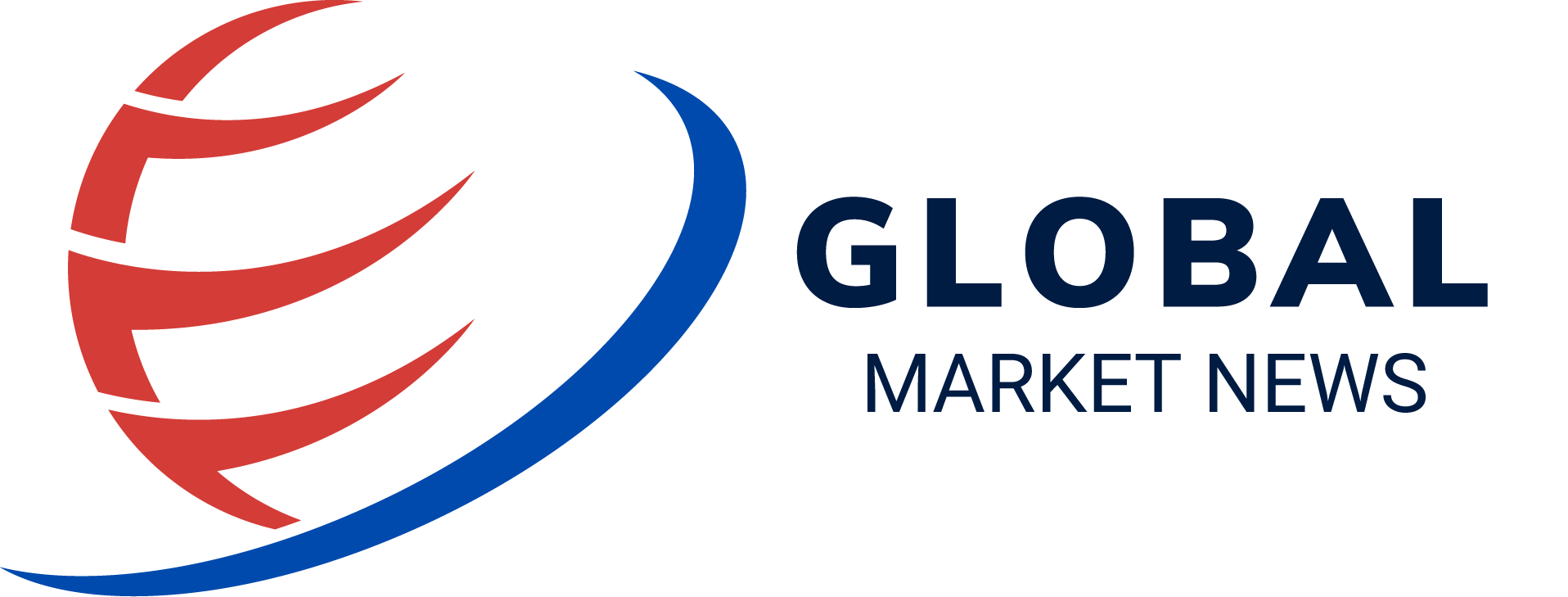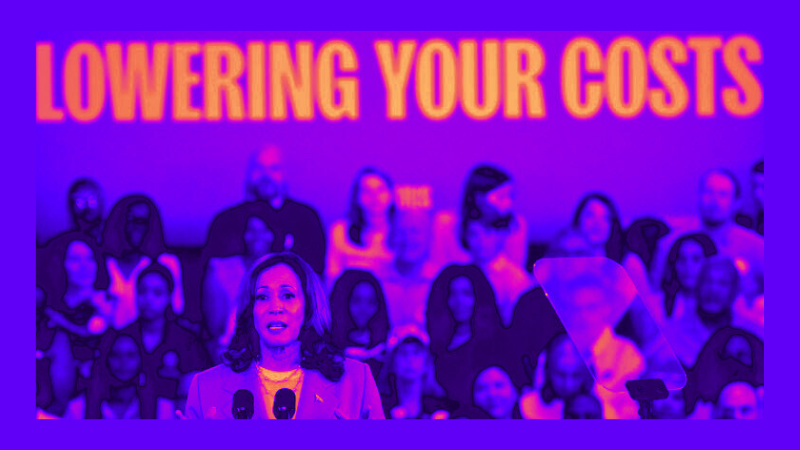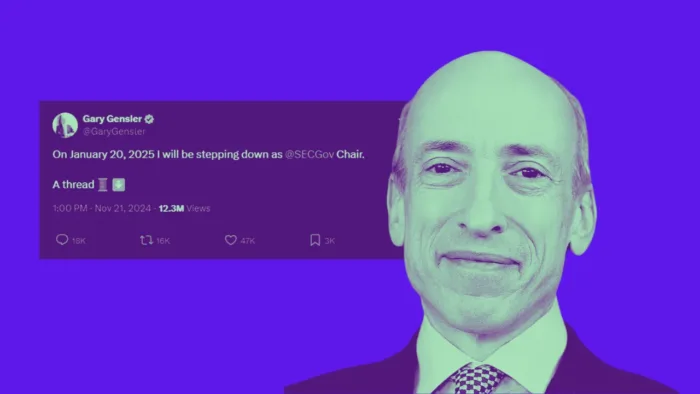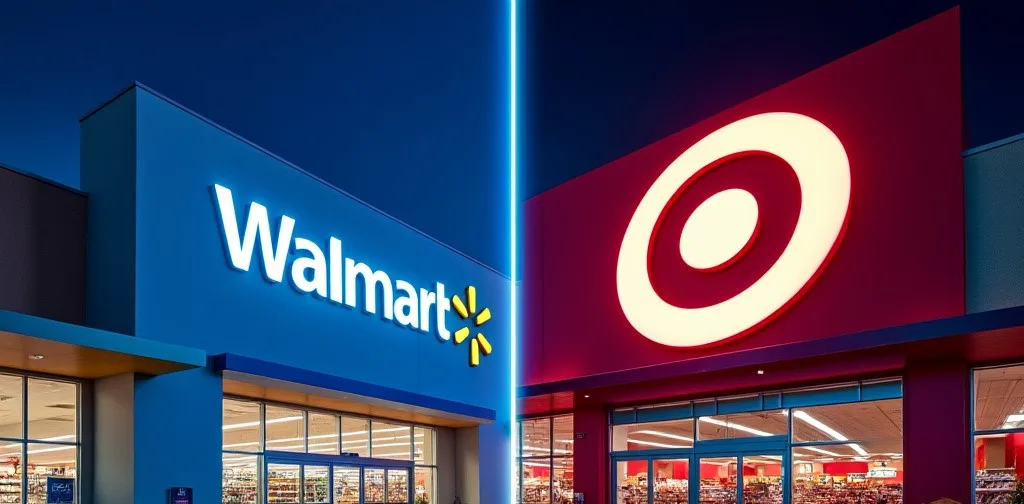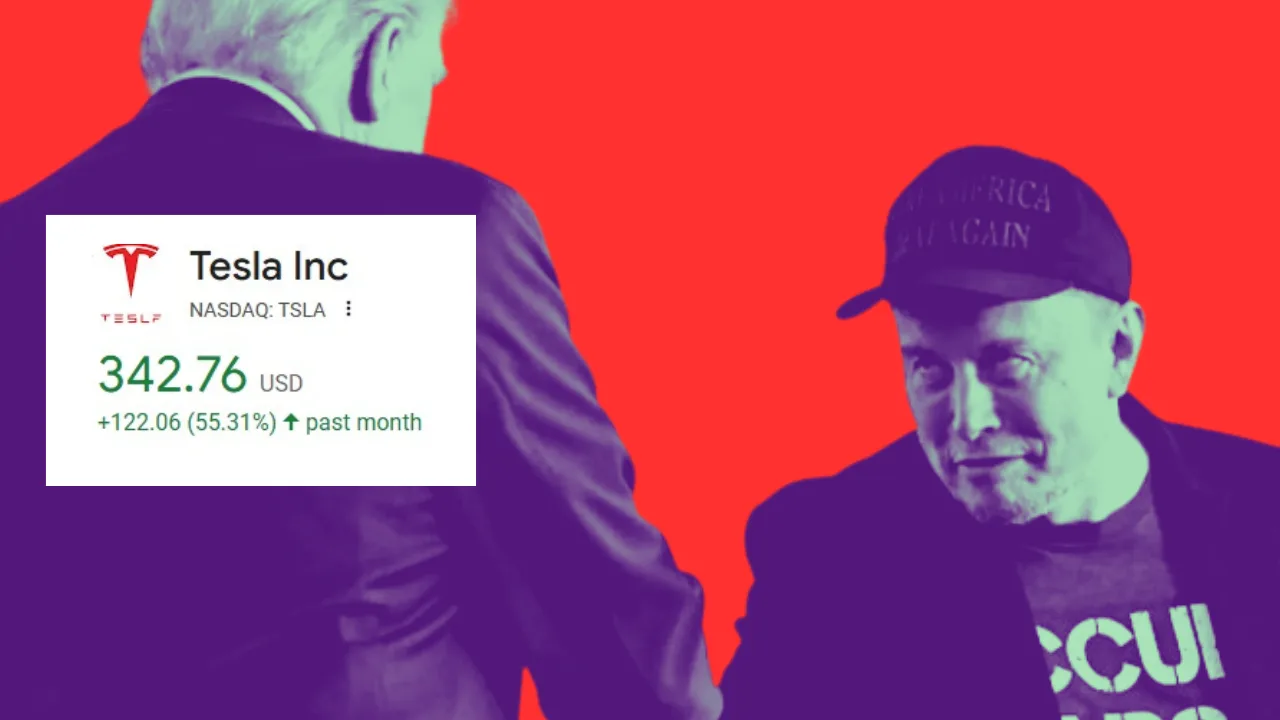As the 2024 presidential race heats up, Vice President Kamala Harris has introduced a series of economic proposals aimed at tackling high consumer prices, particularly in the food industry. Central to her plan is a federal ban on price gouging by corporations, a move she argues is necessary to protect American consumers from exploitation by large companies. However, this proposal has sparked significant debate, with critics arguing that it represents an attack on the free market system and could have severe economic consequences.
The Proposal: A Ban on Corporate Price Gouging
Harris’ economic platform includes a federal ban on what she describes as “corporate price gouging.” If implemented, this would give the Federal Trade Commission (FTC) and state attorneys general the authority to investigate and penalize companies that are found to be excessively raising prices on essential goods like groceries. Harris has committed to pushing this legislation through Congress within her first 100 days in office if she is elected president.
This proposal is part of a broader strategy to address the rising cost of living in the United States, an issue that has been a significant concern for voters since the COVID-19 pandemic caused a spike in grocery prices. Harris’ plan also includes measures to combat inflation more generally, aiming to lower costs across various sectors, including housing and healthcare (POLITICO) (POLITICO).
Criticism: An Attack on the Free Market?
Critics of Harris’ plan argue that imposing such price controls is a direct assault on the principles of the free market. They warn that government intervention in pricing can lead to several negative consequences, including:
- Supply Shortages: When the government imposes price ceilings, producers may find it unprofitable to continue producing goods at the mandated price. This can lead to reduced supply and, ultimately, shortages. Historical examples have shown that price controls often lead to empty shelves rather than affordable prices (RealClearPolicy).
- Lower Quality Products: To maintain profitability under price controls, companies might cut corners, leading to a decrease in the quality of goods available to consumers. This could mean that while prices are kept low, the value consumers receive is diminished.
- The Rise of Black Markets: Price controls can inadvertently encourage the growth of black markets, where goods are sold illegally at higher prices. This undermines the very purpose of price controls, as those who can afford to pay more will still find ways to purchase goods, while those who cannot are left with limited options (Highland County Press).
- Disincentives for Investment: Potential investors might shy away from industries that are subject to strict price controls, fearing that their returns will be limited by government regulations. This could stifle innovation and growth in sectors crucial to the economy.
- Economic Inefficiency: Price controls disrupt the natural balance of supply and demand, leading to inefficiencies in the market. Resources may not be allocated where they are most needed, potentially exacerbating economic issues rather than resolving them (Highland County Press).
The Broader Economic Context
The debate over Harris’ price control plan also touches on broader economic concerns. While inflation has eased from the historic highs seen earlier in the Biden administration, prices for many goods and services remain elevated. Critics argue that the root cause of these high prices is not corporate greed but rather the inflationary pressures fueled by significant government spending, such as the American Rescue Plan and the Inflation Reduction Act. They contend that Harris’ plan misdiagnoses the problem and that further government intervention could worsen the situation rather than alleviate it (Washington Examiner).
On the other hand, supporters of Harris’ proposal argue that without government action, corporations will continue to exploit consumers, especially in times of crisis. They believe that the federal ban on price gouging is a necessary tool to protect the most vulnerable Americans from being priced out of essential goods.
Conclusion: A Balancing Act
Kamala Harris’ price control plan highlights the ongoing tension between government intervention and market freedom. While the proposal aims to make life more affordable for everyday Americans, it also raises critical questions about the potential downsides of such controls. As the debate unfolds, it will be crucial to consider both the immediate benefits and the long-term economic impacts of Harris’ approach to managing prices in the U.S. economy.
For more detailed information, you can explore the sources used for this article:
- Politico on Harris’ Economic Plan (POLITICO)
- Washington Examiner on Harris’ Price Control Proposal (Washington Examiner)
- RealClearPolicy on the Economic Impacts of Price Controls (RealClearPolicy)
